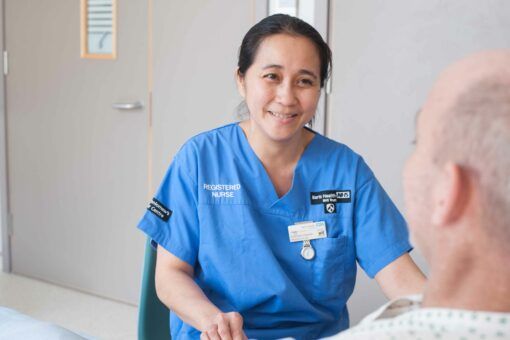
Background
Researchers generally try to achieve the clearest possible research findings by carefully selecting those patients that are allowed to participate in a clinical trial. They apply ‘eligibility criteria’ to those interested in participating, where the patient has to meet certain criteria around their health in order to take part. They might exclude patients where, for example:
- Their age is lower of higher than a set age range
- They have other diseases or medical conditions in addition to the one being studied
- The patient’s disease has progressed beyond a certain stage or has not yet progressed to that stage.
This is because such differences potentially complicate their research analysis resulting in less clear outcomes.
However, for some types of research this can have the effect of excluding a high proportion of patients. The research results are therefore likely to be less representative of and less effective in the real world.
What did the research find?
Using data from American patients with advanced non-small cell lung cancer, the purpose of this research was to understand the impacts of reducing the eligibility criteria, and comparing this with the eligibility criteria traditionally used for research on patients with this type of health condition.
The research considered the data from following aspects of this non-small cell lung cancer – prior or simultaneous cancers, the presence of brain secondary tumours (metastases) and reduced kidney function.
What is the impact on patients?
From the group of 10,500 patients less than half (5,005 patients) would have been eligible for a trial using traditional eligibility criteria. Using the reduced eligibility criteria, almost double the number of patients (10,346) would be eligible. In other words, from the group of 10,500 patients only 154 patients would have been excluded from participating.
Nearly twice as many patients would be able to participate in research trials and research results are therefore likely to be more representative of and effective in the real world.
It is likely that, whilst this research was carried out using data from advanced non-small cell lung cancer, this type of approach could be used in nearly all cancer clinical trials across the world.
What data was used?
‘De-identified’ Electronic Health Record data from the American Society of Clinical Oncology (ASCO) CancerLinQ Discovery database was used. This data was originally sourced from patient records of routine patient care from around 50 cancer centres and oncology practices in the USA.
Identifiable Electronic Health Record data had originally been collected by ASCO for quality improvement purposes by the 50 participating centres. The collection of this identifiable data is allowable under the Health Insurance and Portability Act (HIPAA) in the USA and therefore it was not necessary to gain patient consent.
The identifiable data was automatically converted into de-identified data by software and stored in the ASCO CancerLinQ database. Only de-identifiable data from 10,500 patients was used in this research.
Professional view
Clinical research brings significant benefits for patients and the organisations taking part, and I am delighted to see that as the NHS Long Term Plan prioritises better clinical research, a record number of patients participated in research last year with every trust in the NHS providing access to trials.
Dr Sam Roberts, NHS Director of Innovation and Life Sciences and Chief Executive of the expanded Accelerated Access Collaborative
Who funded and collaborated on this work?
This research was led by the American Society of Clinical Oncology (ASCO) and other collaborators, based on prior recommendations developed by ASCO and the Friends of Cancer Research.
Further information
This research was presented at the ASCO Annual Meeting in 2019.
Scientific research paper – Impact of broadening clinical trial eligibility criteria for advanced non-small cell lung cancer patients: Real-world analysis
